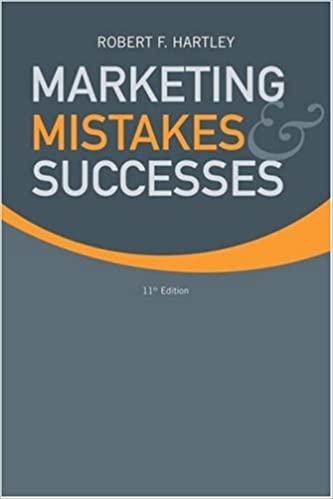In Japan the chief executive of an organization involved in a public scandal usually resigns in disgrace.
Question:
In the Maytag case in Chapter 16, we examined a costly snafu brought about by giving executives of a foreign subsidiary too much rein. With Met Life the problem was gradually eroding ethical practices. In both instances top management still had ultimate responsibility and cannot escape blame for whatever went wrong in the organization. Decades ago, President Truman coined the phrase, “The buck stops here,” meaning that in this highest position rests the ultimate seat of responsibility.
Any manager who delegates to someone else the authority to do something will undoubtedly hold them responsible to do the job properly. Still, managers must be aware that their own responsibility to higher management or to stockholders cannot be delegated away. If the subordinate does the job improperly, the manager is responsible.
Going back to MetLife, or to any corporation involved with ethical and illegal practices, top executives may try to escape blame by denying that they knew anything about the misdeeds. This should not exonerate them. Even if they knew nothing directly, they still set the climate.
Corporation
A Corporation is a legal form of business that is separate from its owner. In other words, a corporation is a business or organization formed by a group of people, and its right and liabilities separate from those of the individuals involved. It may...
Fantastic news! We've Found the answer you've been seeking!
Step by Step Answer:
Related Book For 

Question Posted:





